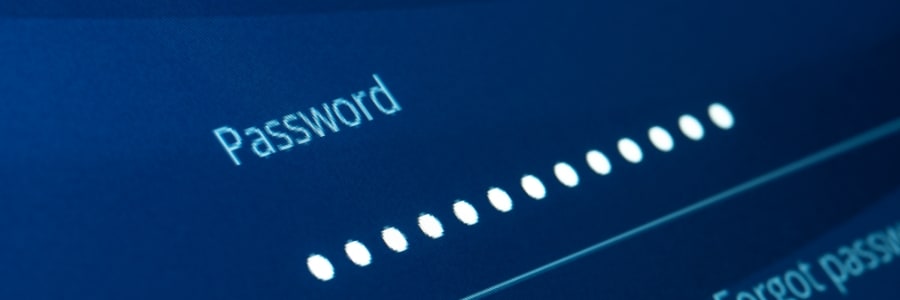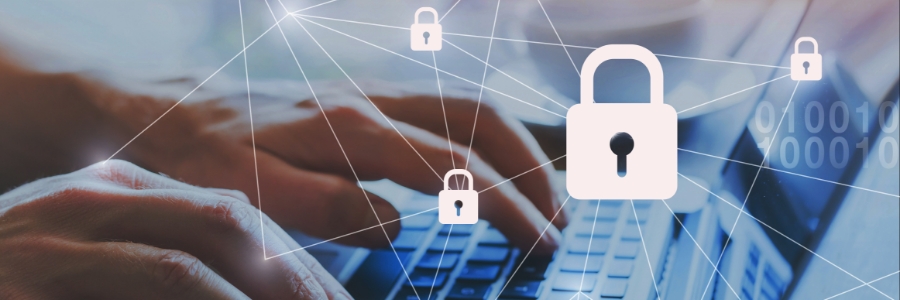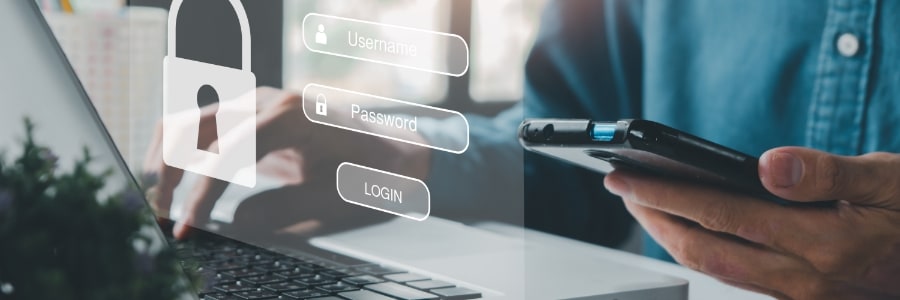As you focus on meeting the needs of holiday shoppers or taking time off to be with loved ones, hackers are looking to exploit any vulnerabilities in your business’s system. Keep these tips in mind to ward off hackers so you can fully enjoy this festive season.
Ramp up your defenses with proactive cybersecurity

Cyberthreats are becoming more sophisticated every day, and if your business isn’t taking steps to protect itself from these threats, it faces a high risk of falling victim. This can cause you to lose valuable data or even go out of business. In this blog post, we will discuss what proactive cybersecurity is and how it can help protect your business against ever-evolving cyberthreats.
Update your passwords now
7 Ways to keep your email account safe
Defending against watering hole attacks

Watering hole attacks have become more common in recent years and pose a serious threat to organizations everywhere. Read on to learn more about what watering hole attacks and how your business can stay one step ahead of cybercriminals.
How watering hole attacks work
The term “watering hole” colloquially refers to a social gathering place where a particular group of people often go to.
Your guide to better online security
A short guide to IT security lingo

You've probably heard the term "malware" thrown around a lot, but what does it actually mean? In this article, we will define malware and a few other commonly used terms in IT so you can better protect your business. Understanding these basic cybersecurity concepts doesn’t require deep IT expertise, so read on.
Safeguarding social media: Tips for keeping your personal information protected
3 Types of hackers: What you need to know

Hackers come from all different backgrounds. Some hackers are motivated by money and politics, while others simply hack systems for fun. In this blog post, we will define the three kinds of hackers and how each one differs from the others.
A complicated history
In the 1950s, the term “hacker” was vaguely defined as someone who explored the details and limits of computer technology by testing them for a variety of purposes.






